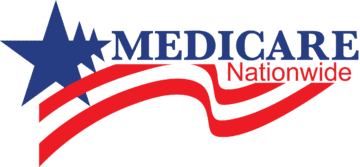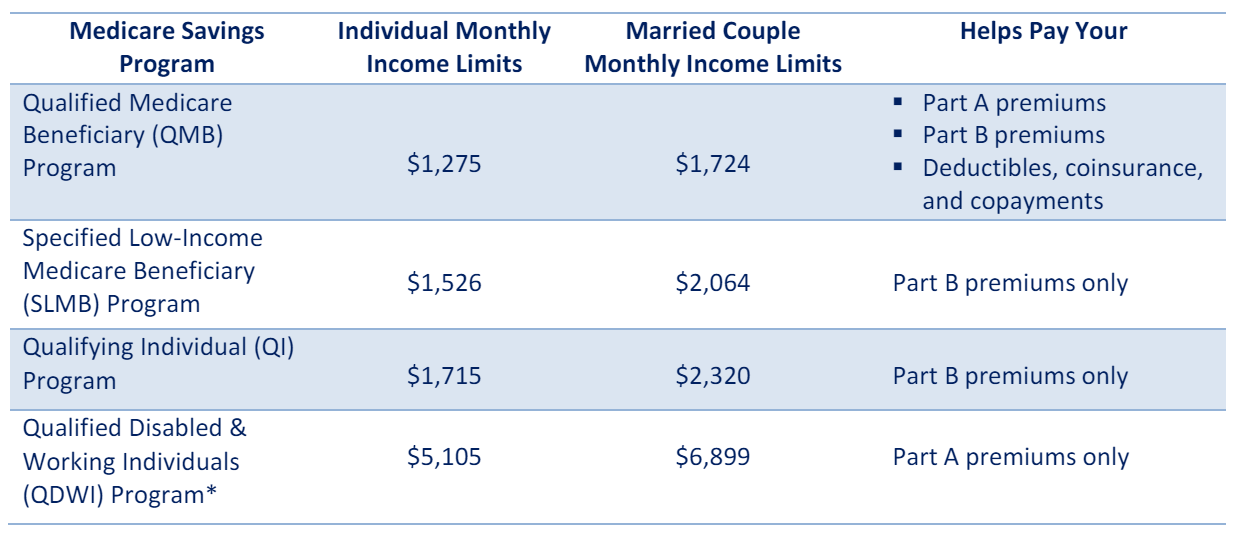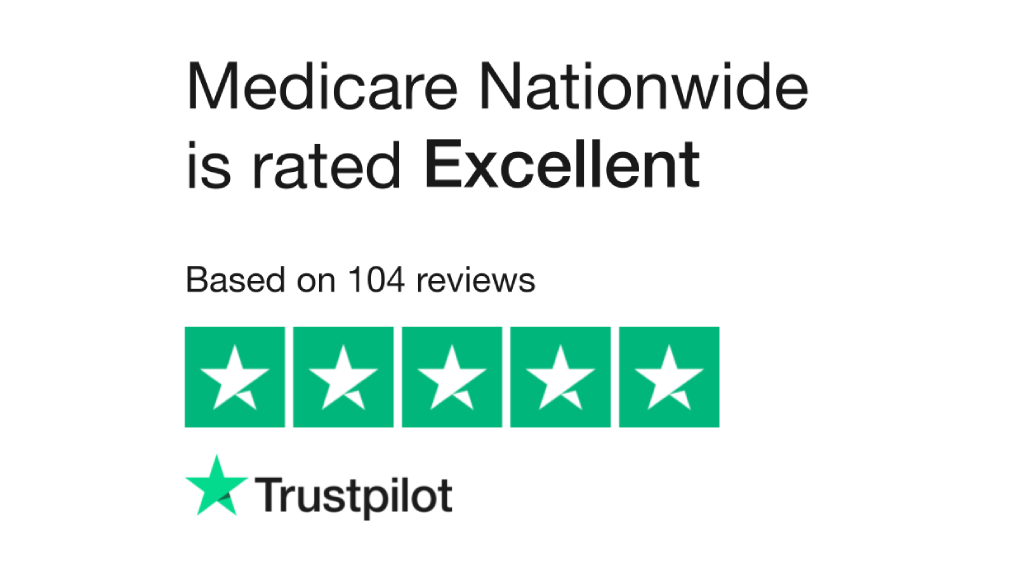What are Medicare Savings Programs (MSP)?
State-run Medicare Savings Programs (MSPs) assist people with low incomes and resources in covering all or part of their Medicare premiums as well as other out-of-pocket expenses. The purpose of these programs is to help Medicare recipients who are having trouble paying for their medical bills financially.
Individuals with limited income can receive assistance from their state to cover Medicare costs like premiums and deductibles by qualifying for Medicare Savings Programs (MSP). Some states have slightly higher income requirements that still allow people to qualify for help. To determine if you are eligible for MSP, check with your state to see if you meet the income and asset limits required for eligibility.
Minimum Federal Eligibility Requirements for MSP
If you don’t have much money, your state might assist with paying for Medicare costs like premiums and deductibles. Some states have rules that allow people with more income to still qualify for help. Check with your state to see if you qualify.
Medicare Savings Programs (MSPs) help people with low incomes and limited resources pay for Medicare costs like premiums and deductibles. Some states may have slightly higher income thresholds, making it possible for more people to get assistance. If you believe you’re eligible for MSPs, reach out to your state’s Medicaid office for assistance with applying and understanding the program’s benefits.
The picture below shows the income limits of MSP according to your status.
- There is a $20 allowance for general income not counted towards eligibility.
- For QMB, SLMB, and QI programs, the asset limits are $9,430 for an individual and $14,130 for a married couple.
- For the QDWI program, the asset limits are $4,000 for an individual and $6,000 for a married couple.
NOTE: If you meet the requirements for QMB, SLMB, or QI, you will also qualify automatically for Extra Help, which assists with paying for Medicare prescription drug coverage.
In Hawaii and Alaska, the income limits are a bit higher. States can adjust income and resource limits for elderly, blind, or disabled individuals seeking Medicare Savings Programs. They may be more lenient with income and resources for these groups but cannot make the rules stricter or set higher limits for eligibility. These programs are managed by your state. Reach out to your state for application details.
What is Extra Help?
Extra Help, also known as the Low-Income Subsidy (LIS) program, assists Medicare beneficiaries with limited income and resources in paying for prescription drugs. Here are its key features:
- Cost Assistance: Extra Help helps cover some or all of the costs related to Medicare prescription drug coverage, including premiums, deductibles, and co-payments.
- Income and Resource Eligibility: To qualify, individuals must meet specific income and asset limits set by the Social Security Administration. These limits vary depending on household size and may change annually.
- Automatic Enrollment: Some individuals automatically qualify for Extra Help if they receive Medicaid, Supplemental Security Income (SSI), or belong to a Medicare Savings Program.
- Application Process: Others can apply for Extra Help through the Social Security Administration. The application process involves providing information about income, resources, and household size.
- Continuous Eligibility Review: Eligibility for Extra Help is periodically reviewed to ensure recipients still meet the program’s requirements.
- Special Enrollment Periods: Extra Help beneficiaries may be eligible for special enrollment periods, allowing them to change Medicare prescription drug plans outside of the annual open enrollment period.
Overall, Extra Help provides vital financial assistance to Medicare beneficiaries with limited income and resources, helping them afford the prescription drugs they need.
Summary
In 2024, Medicare Savings Programs (MSPs) continue to offer crucial financial assistance to individuals with limited incomes, helping cover Medicare premiums and other healthcare costs. State-run MSPs target those struggling to pay medical bills, offering aid based on income and resource eligibility criteria. MSP eligibility varies by state, with some states setting slightly higher income thresholds to assist more people.
The article outlines the minimum federal eligibility requirements for MSPs, highlighting the income and asset limits for different program categories such as Qualified Medicare Beneficiary (QMB), Specified Low-Income Medicare Beneficiary (SLMB), Qualified Individual (QI), and Qualified Disabled and Working Individuals (QDWI). It emphasizes the automatic qualification for Extra Help (Low-Income Subsidy) if eligible for QMB, SLMB, or QI programs, assisting with Medicare prescription drug coverage costs.
Furthermore, the piece discusses how states like Hawaii and Alaska may adjust income and resource limits, particularly for elderly, blind, or disabled individuals, ensuring inclusivity while managing these programs. It stresses the importance of reaching out to state Medicaid offices for application details.
Additionally, the article provides insights into Extra Help, detailing its cost assistance features covering Medicare prescription drug expenses like premiums, deductibles, and co-payments. It outlines eligibility criteria based on income and assets, along with options for automatic enrollment or applying through the Social Security Administration. Continuous eligibility reviews and special enrollment periods for Extra Help beneficiaries are also explained, underscoring its vital role in helping Medicare beneficiaries afford necessary prescription drugs.
Overall, the article serves as a comprehensive guide to navigating Medicare Savings Programs and Extra Help in 2024, empowering individuals to access essential healthcare assistance tailored to their financial needs.
DISCLAIMER: Please verify the information provided here with the primary source to ensure accuracy. We strive to present information correctly. It is advisable to confirm details directly from the primary source for accuracy and reliability.


